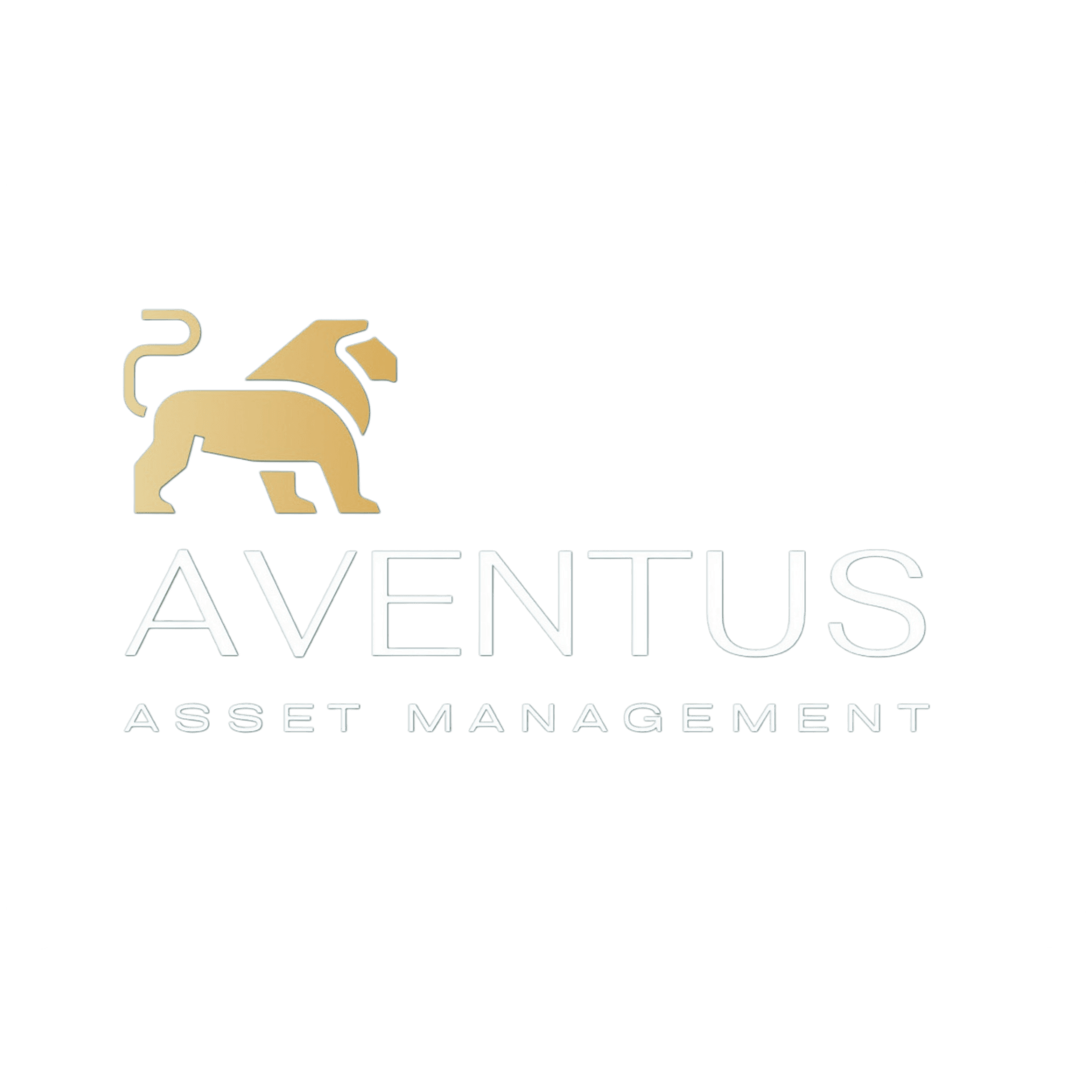The Role of Sustainable Practices in Real Estate Asset Management
Understanding Sustainable Practices in Real Estate Asset Management
As the world becomes increasingly aware of environmental concerns, the importance of sustainable practices in various industries cannot be overstated. Real estate asset management is no exception. Incorporating sustainability into real estate operations not only benefits the environment but also enhances asset value and performance. Today, more investors and property managers are recognizing the crucial role that sustainability plays in both short-term and long-term asset management strategies.
Sustainable practices in real estate involve various approaches that aim to reduce environmental impact while increasing efficiency. These methods can range from energy-efficient building designs to waste reduction strategies. Embracing these practices is no longer just a trend; it is becoming a necessity for staying competitive in the market.

Energy Efficiency: A Cornerstone of Sustainable Real Estate
One of the primary focuses of sustainable asset management is energy efficiency. Implementing energy-efficient systems and technologies in buildings can dramatically reduce operating costs and carbon footprints. This includes upgrading HVAC systems, installing LED lighting, and utilizing smart building technologies to monitor and optimize energy use.
Energy efficiency not only reduces utility expenses but also attracts environmentally conscious tenants and investors. Properties that prioritize energy management are often seen as more desirable, leading to increased occupancy rates and rental income.
Green Building Certifications and Their Impact
Acquiring green building certifications, such as LEED or BREEAM, is an effective way to demonstrate a commitment to sustainability. These certifications provide a framework for implementing sustainable practices and offer recognition for achieving specific environmental objectives. Properties with these certifications often enjoy higher market value and increased tenant demand.

Moreover, green certifications can lead to financial incentives such as tax breaks, grants, or reduced insurance premiums. These benefits make pursuing certification an attractive option for asset managers looking to enhance their portfolios while contributing positively to the environment.
Water Conservation Strategies
Water conservation is another critical aspect of sustainable real estate management. Implementing water-saving fixtures, recycling greywater, and utilizing rainwater harvesting systems are effective ways to reduce water usage. These strategies not only lower water bills but also support environmental conservation efforts.
Asset managers who prioritize water efficiency can significantly impact the sustainability of their properties. By reducing water consumption, they contribute to the preservation of valuable natural resources and align their operations with broader ecological goals.

The Role of Technology in Driving Sustainability
Technology plays a pivotal role in driving sustainability in real estate. From smart meters to advanced building management systems, technology enables precise monitoring and control over resource usage. This data-driven approach allows asset managers to identify inefficiencies and implement corrective measures swiftly.
The integration of technology not only boosts operational efficiency but also enhances tenant satisfaction by providing a more comfortable and responsive environment. As technology continues to evolve, its role in promoting sustainability will only expand, offering new opportunities for innovation in asset management.
Long-Term Benefits of Sustainable Practices
While the initial investment in sustainable practices may seem daunting, the long-term benefits far outweigh the costs. Properties that embrace sustainability often experience lower operating expenses, increased asset value, and stronger tenant relationships. Furthermore, sustainable buildings are typically more resilient to regulatory changes and market fluctuations.
Investors and asset managers who prioritize sustainability are likely to see enhanced returns on investment over time. By positioning themselves as leaders in sustainable real estate, they can attract a growing segment of eco-conscious investors and tenants.
